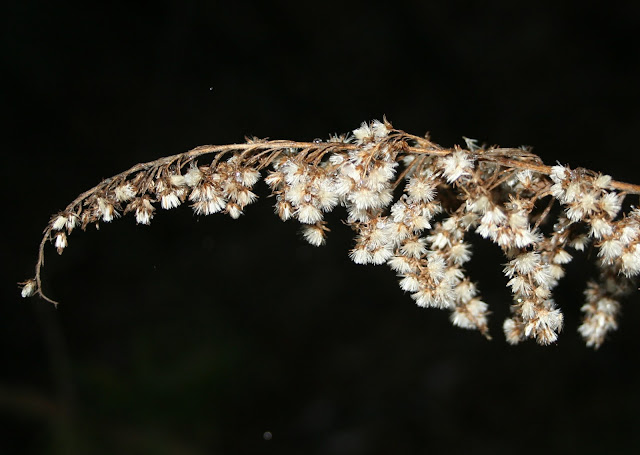A wake of black vultures assembled near the carcass of a white-tailed deer presumably killed in a collision with an automobile. Not an uncommon sight in central Carolina. Black vultures are much more gregarious than their kin, the turkey vulture, and often gather in impressive numbers around a food source.
Although slightly smaller than the turkey vulture, the black vulture is still an imposing figure, standing nearly two feet tall, with a wingspan approaching five feet. The black vulture hunts primarily by sight, but the turkey vulture has a much more refined sense of smell, and may detect the smell of decaying flesh within as little as twelve hours of death. In some cases, black vultures will monitor a solitary turkey vulture from above, only to swoop down en masse and aggressively drive it away from its meal.
While "buzzards"(as they are colloquially known in much of the southeastern U.S.) are often reviled as gross or filthy because of their association with carrion, vultures have traditionally been revered in some parts of the world for their role in disposing of the dead. In Tibet, for instance, the Buddhist "sky burial" relied on vultures to consume the empty vessel of a departed soul.
Vultures play a valuable role in our ecosystem by recycling the flesh of dead animals. Roadkill is perhaps the most obvious example of this, but many wild and domestic animals die each day of disease or natural causes. The black vulture's stomach acid is believed to destroy many, if not all, bacteria and other disease pathogens in the flesh it consumes, allowing it to eat with impunity.
These vultures watch alertly for predators while their comrades earnestly attend to the business of eating. This behavior is common among black vultures and allows the feeding birds to focus on the task at hand without distraction, resulting in much more efficient consumption. Fascinating creatures, these black-clad clean up artists, essential players in the circle of life.




















































